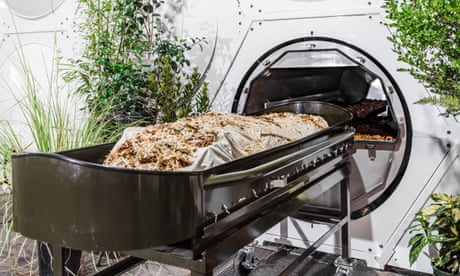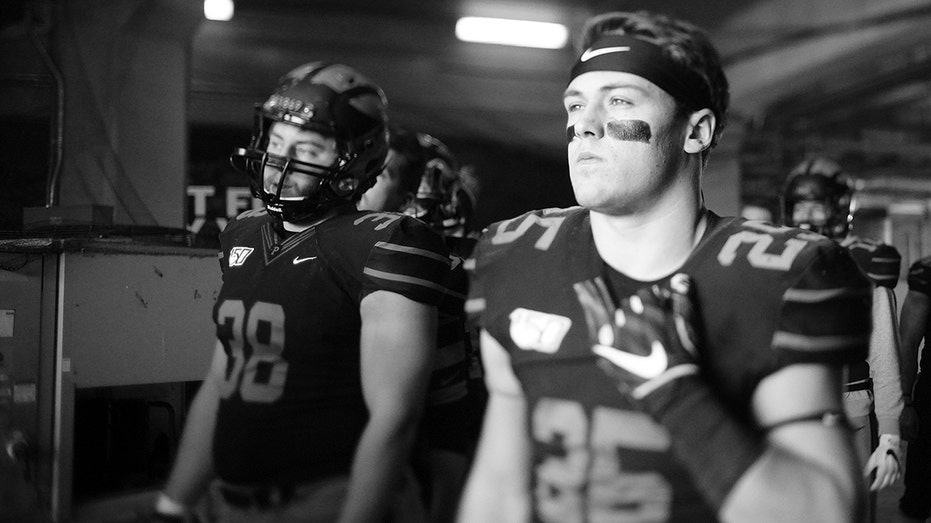- by foxnews
- 02 Feb 2025
From cradle to compost: the disruptors who want to make death greener
From cradle to compost: the disruptors who want to make death greener
- by theguardian
- 20 Feb 2023
- in news

Americans are looking for greener ways to die, and a new wave of deathcare startups are rising to the occasion.
The growth in demand comes in part due to Covid-19, experts say. The pandemic brought death to the forefront of the public consciousness and exposed concerns about its environmental destruction, as places like Los Angeles had to suspend air pollution rules to allow an influx of bodies to be processed.
Founders paint a picture of an industry that is both collegial and competitive, where entrepreneurs connect at meetups and through group chats but often find themselves looking over their shoulders for people entering the industry with less altruistic views. This is especially true as old guards of the funeral industry seek to cash in on the new trend, Truman said.
Natural organic reduction is a relatively new process, recognized throughout the industry as having been pioneered by a woman named Katrina Spade. In her graduate thesis in 2013, Spade investigated methods farmers had been using to compost animals and found they could be applied to human bodies. When remains are placed in a container with natural materials like straw and wood chips, the microbial process that converts bodies into soil can be accelerated. Composting a human currently takes eight to 12 weeks, and is estimated to use just one-eighth the energy required for cremation.
In the years since, at least three companies have sprung up in Washington alone, some of which have secured millions in funding from venture capital firms. And with more states catching on, entrepreneurs say the industry is livelier than ever.
At least six states have legalized the process so far, and California, the most populous US state, will allow human composting in 2027 after a law passed last year goes into effect, opening up the potential for millions of new customers.
Human composting is not the only alternative deathcare option that is seeing increased interest. Others include aquamation, a process legal in 28 states by which the body is turned into liquid. Green burial, in which bodies are interred without embalming or a casket and allowed to decompose naturally over time, is legal in almost all states, but laws vary as to where the body can be buried.
But of all the alternative options, human composting seems to have gotten the most attention, said Doughty.
Its founder and CEO, Matthew Kochmann, has a Silicon Valley background, counting himself as one of the first employees at Uber. He came to the deathcare industry after meditating on the spiritual nature of burial options, he says.
The company has worked directly with legislators to pass laws that allow for human composting while creating a framework that supports strong ethics in the burgeoning industry.
- by foxnews
- descember 09, 2016
Disney reveals fate of closed Star Wars hotel
The building that was formerly home to the Star Wars: Galactic Starcruiser at Walt Disney World in Orlando, Florida will be repurposed, the company confirmed to local media earlier this week.
read more


